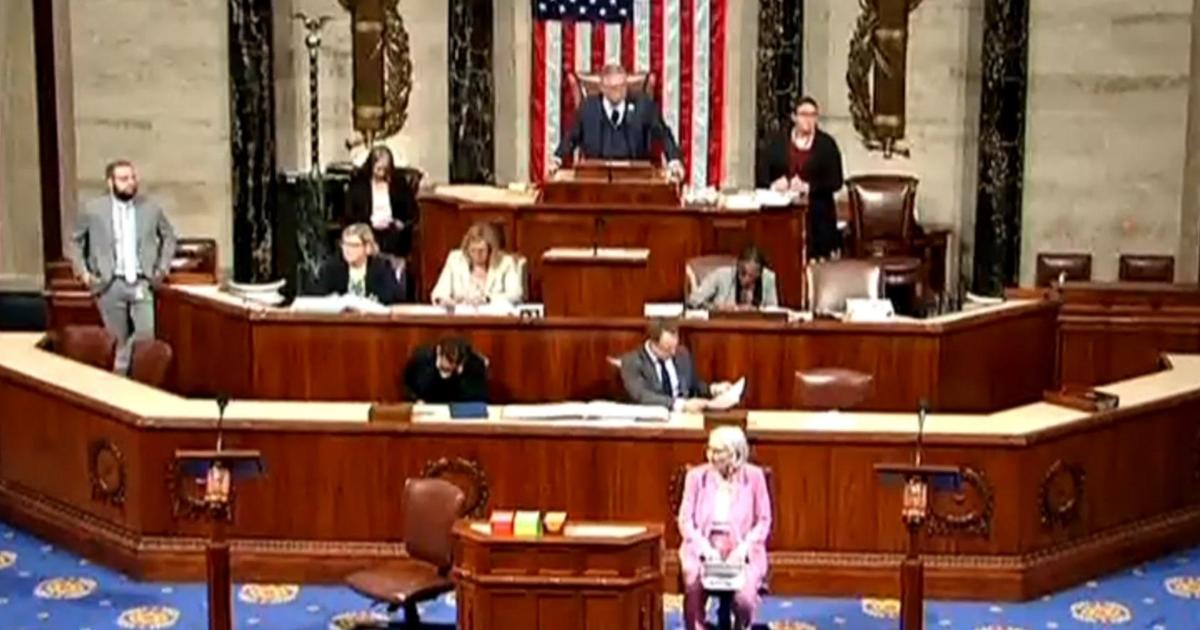The House is currently working on passing foreign aid bills that would allocate billions of dollars in security funding to Ukraine, Israel, and Taiwan. This bipartisan effort could result in a rare display of unity in Congress, with a vote expected to take place this weekend before the bills are sent to the Senate for further consideration. House Speaker Mike Johnson is facing criticism from some hardline Republicans for his support of this foreign aid package.
The proposed foreign aid bills would provide crucial security funding to Ukraine, Israel, and Taiwan, countries that are currently facing various security threats and challenges. The aid package is seen as a way to show support for these nations and strengthen their ability to defend themselves against external threats. The bipartisan nature of this initiative highlights the importance of maintaining strong relationships with key allies and partners around the world.
House Speaker Mike Johnson is at the center of this debate, facing criticism from within his own party for supporting the foreign aid bills. Some hardline Republicans believe that the US should prioritize domestic issues over providing aid to foreign countries, while others argue that supporting allies in times of need is crucial for maintaining global stability and security. Johnson’s decision to push for the passage of these bills demonstrates a commitment to upholding America’s alliances and interests abroad.
The House’s movement towards passing these foreign aid bills signals a potential shift in US foreign policy towards a more proactive and engaged approach on the world stage. By providing security funding to countries like Ukraine, Israel, and Taiwan, the US is reaffirming its commitment to supporting democracy, human rights, and stability in regions of strategic importance. This bipartisan effort also serves as a reminder of the importance of cooperation and collaboration in addressing global challenges.
As the House moves closer to passing the foreign aid bills, the focus now shifts to the Senate, where the legislation will face further scrutiny and debate. The outcome of this process will have far-reaching implications for US foreign policy and international relations, as well as for the security and stability of countries receiving aid. The bipartisan support for this initiative underscores the importance of working together to address shared challenges and promote peace and prosperity around the world.









